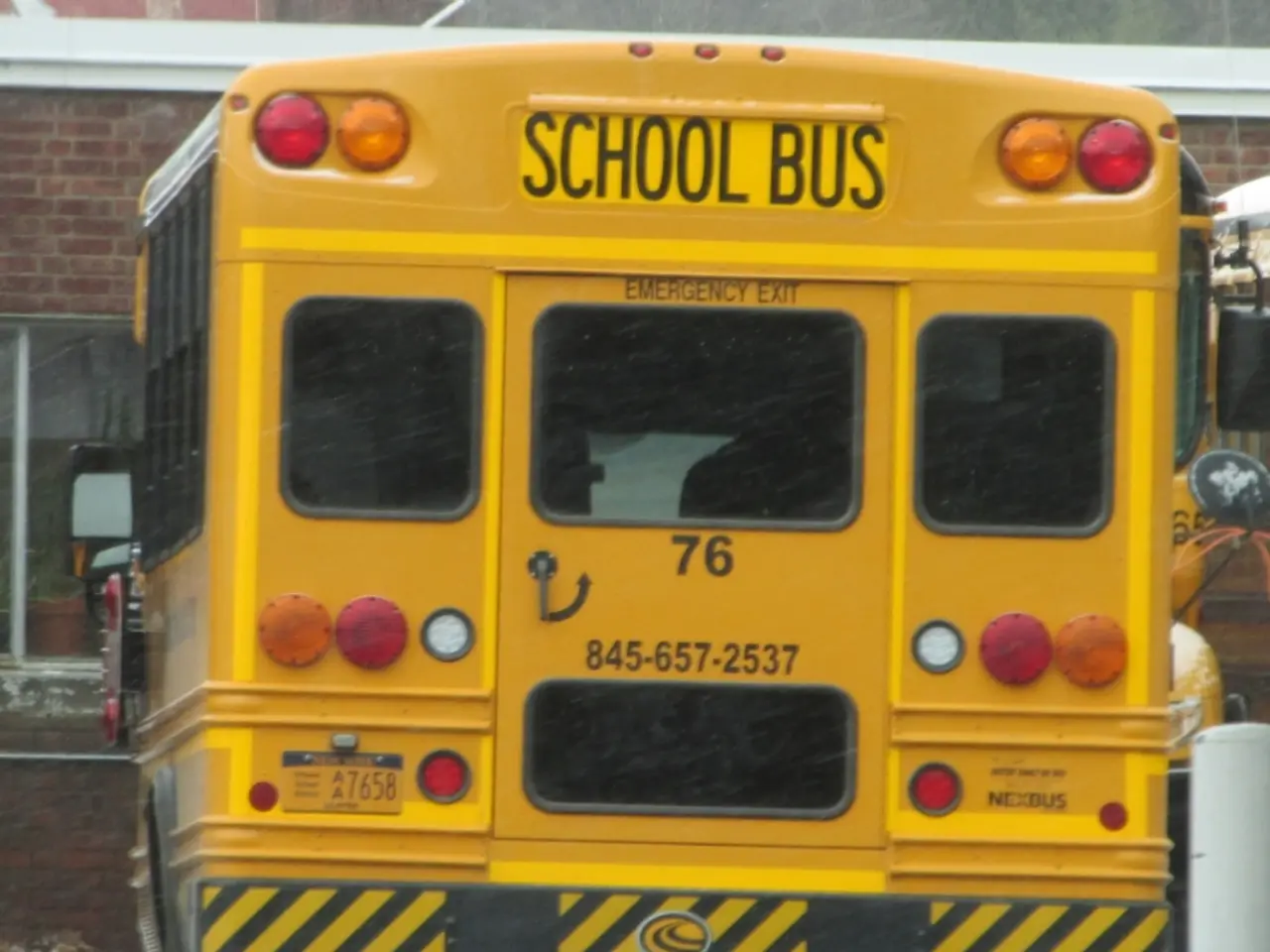The Delhi School Education (Transparency in Fixation and Regulation of Fees) Bill, 2025: A New Era for Private School Fees in Delhi
Delhi Education Bill: Crucial Provisions and Salient Features Explored
The Delhi Assembly passed the Delhi School Education (Transparency in Fixation and Regulation of Fees) Bill, 2025, in early August 2025. This landmark legislation aims to regulate arbitrary fee hikes by private unaided schools and promote transparency in fee fixation [1][4].
Key Objectives
The Bill seeks to protect parents and students from excessive fee hikes, empower parents with veto power over fee increases, ensure transparency and accountability in school fee regulation, and prohibit profiteering by schools under the guise of fee hikes [1].
Applicability
The Bill applies to all private unaided schools in Delhi and requires these schools to obtain government approval before any fee increases come into effect [2][5].
Three-Tier Fee Regulation Framework
The Bill establishes a three-tier committee system for fee regulation and appeals. The system includes a School Level Fee Regulation Committee, a District Fee Appellate Committee, and a State-Level Revision Committee [1].
- The School Level Fee Regulation Committee reviews and approves or rejects fee hike proposals. It comprises five parent members, teachers, school management representatives, and government officials. A unique feature is that if even one parent member objects to a fee hike, the proposal will be rejected, giving parents effective veto power [1].
- The District Fee Appellate Committee handles appeals against decisions made by the school-level committee.
- The State-Level Revision Committee oversees and revises fee structures and handles further appeals or issues [1].
Fee Fixation and Transparency Provisions
Schools must submit a three-year fee structure plan in advance, and fee hikes are restricted to a frequency of once every three years [3]. Any increase must be based on clear and transparent criteria such as infrastructure development, staff salaries, and permissible costs [1].
For the academic year 2025-26, fees as charged on April 1, 2025, are deemed the proposed fees for regulatory purposes [3]. The Bill expressly prohibits profiteering, ensuring fee hikes reflect actual costs and improvements only [1].
Penalties for Violations
Strict penalties are enforced against schools violating the fee regulation rules, although exact penalty details have not been fully disclosed in the sources. The Bill grants government bodies the power to enforce penalties and cancel permissions for non-compliance [4].
Controversy and Opposition
The Bill faced opposition and proposed amendments by the Aam Aadmi Party (AAP), which were rejected by the ruling Bharatiya Janata Party (BJP) government. Critics argue that the Bill could lead to excessive government control over private schools and potential bureaucratic delays. Supporters hail it as a historic step to safeguard parental rights and control soaring school costs in Delhi [1][4].
In summary, the Delhi School Education (Transparency in Fixation and Regulation of Fees) Bill, 2025, introduces a robust parent-empowered, three-tier regulatory mechanism for school fees in Delhi. It mandates government approval for fee hikes, transparency in costing, and restricts arbitrary increases while facing political controversy over its implementation and control implications. The bill is seen as an essential change that would hold schools accountable, encourage openness, parental involvement, and a standardized regulatory process.
This new legislation, the Delhi School Education (Transparency in Fixation and Regulation of Fees) Bill, 2025, will not only regulate private school fees in Delhi but also foster a culture of education-and-self-development by promoting transparency. The policy-and-legislation aims to change the dynamics in the learning landscape by providing parents with veto power, ensuring that the ever-rising costs of general-news like school fees can be kept in check [1][4].
The Bill, while being a political attempt to curb arbitrary fee hikes in the politics of schooling, could potentially face challenges in terms of its implementation and impact on the functioning of private unaided schools. The general-news may witness increased debates as supporters celebrate this as a historic step towards learning affordability, while critics question its long-term ramifications on education-and-self-development [1][4].




